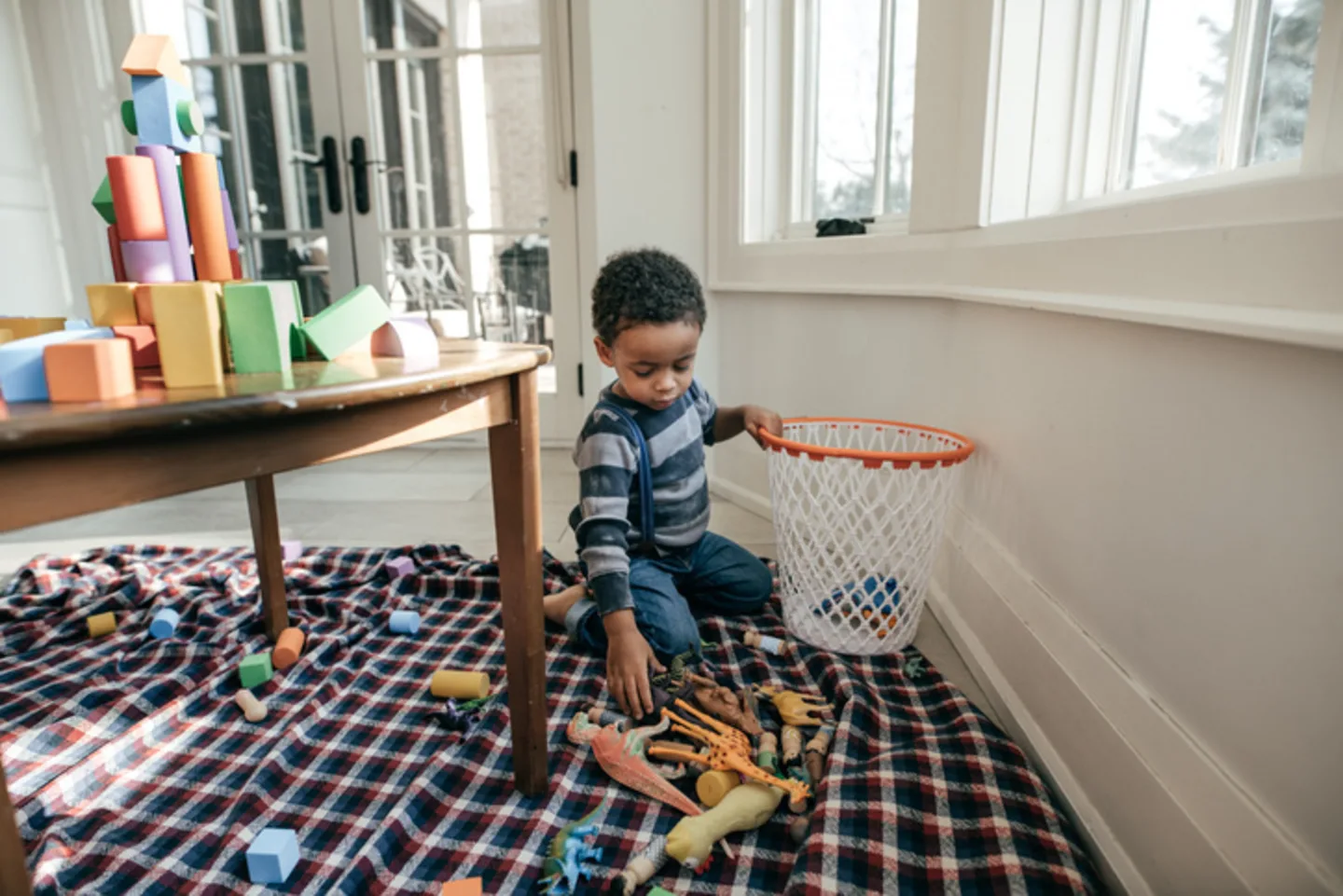It’s no secret that kids need to learn responsible behavior, and cleaning up their toys is a great way to do that. Children are developing their sense of right and wrong at an early age, and keeping toys out of the hands of other kids makes them think twice about what they’re doing. It’s also a great way to teach them responsibility, as they are making choices they won’t make again. With that in mind, here are a few tips on how to help your child learn responsibility by cleaning up their toys.
Toys like the best fort building kit and educational toys are available on GIGI Bloks. It’s highly recommended to check out the official online toys store . However, let’s dive into this article!
Let them help out around the house
Kids between the ages of five and ten are often called “sociable kids” due to their love for new experiences. While they might not yet show the capacity for self-discipline that comes with being an adult, they are still learning how to support themselves and keep their own room clean.
Why not help out around the house while they’re still young enough to understand the value of doing so? If a five-year-old steps in to help out their three-year-old sister unpack their toys, they are learning responsibility. Dedicate a small space in the family room to their toys so they have somewhere to store their gear and have a place to step away from their younger sibling. Even if they don’t end up using the toys much, they will still be more likely to clean up when they see them regularly unpacked and put away.
Organize their toys
If your child’s toys are scattered across the floor or in a random pile of toys in the back of the room, it may be time to get organized. Toss the toys gathered in one pile into a large box or basket and put it in the far corner of the room. Your child will still be able to see the toys they love from a distance, but they won’t be able to reach them accidentally.
It’s also a good idea to mark which toys are for which age group. Begin by putting the biggest toys in the first pile, then move them around so your child can see which toys they have in different stages of play. If you don’t mind them gathering toys they won’t play with often, this system works great as a toy chest, and your child will still be able to see what toys they have access to most often.
Keep an eye on them
As your child’s playmate, it’s important to keep an eye on how they’re doing. While they may not yet be able to hold their own in a fight, they are developing a sense of self-control and are learning how to avoid getting hurt.
Toys are a great way for kids to practice this sense of self-discipline as they experiment with different play techniques and tools, such as kicked toys and spiky balls. If you see your child getting into trouble, don’t just stand by and let it happen. intervene quickly, using a constructive method such as asking your child to stop playing or redirecting them to a different activity until they can control themselves.
Be a role model
Kids pick up on what’s going on in the room much faster than you’d expect, so having a “no toys” rule can turn into a “thou shalt not” situation rather quickly.
While it’s important for kids to know why certain toys are “not nice” to play with (i.e. they can hurt or break things), it’s even more important for them to know who to turn to for real-world problem solving.
If you’re not willing to share your toys or use other toys as a “toy box” for your child, you’re not doing them any favors. Not only will your child be frustrated by the toys they can’t play with, but they will also be wasting their time playing with toys you don’t want them to have. Teach your child how to ask for help, share, and use empathy while learning responsibility.
Behave in public
Everyone loves to watch kids play, so it’s important to get involved when your child is taking their first steps toward responsible play.
Encourage your child to play with others, and let them know how they can help out. If your child is too young to walk on their own, let them hold your umbrella or help you find your keys when you’re lost.
Play is a connection, and by letting your child participate in social situations, you are teaching them how to act in public as well. From there, your child will learn valuable lessons about how to interact with others and how to properly handle their toys.
Conclusion
Keeping toys out of the hands of other kids can be a difficult task for parents, but it doesn’t have to be impossible. These tips will help your child learn responsibility by cleaning up their toys. It also has to do with teaching your child that “some things are not for play”. This can be an eye opener for your child and help them see that they shouldn’t do things that make other people uncomfortable or unhappy.
With a little effort and planning, your child can learn to be responsible with their toys. At the same time, they can learn important lessons about responsibility, good behavior, and self-discipline.

